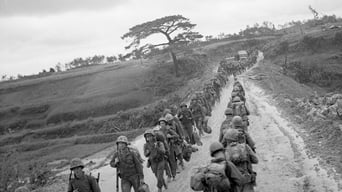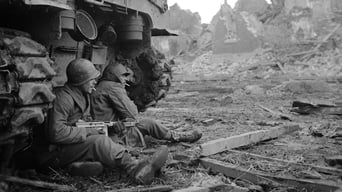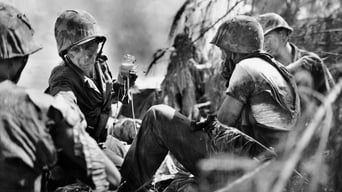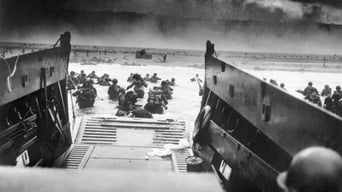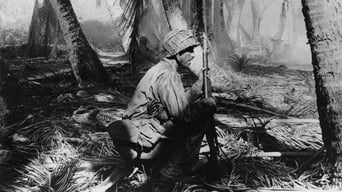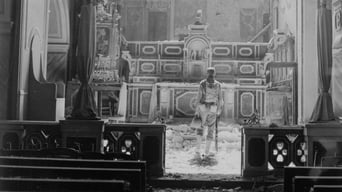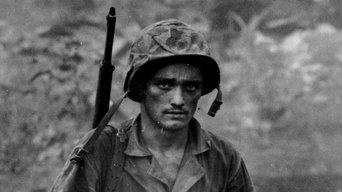jon_mirow
I don't want to write too long a review for this, because I know a lot of people loved it, and maybe I'm just not the target audience for this, but I really found getting through this to be a chore. Where it shines is the personal history. Yes, it tells the war from a distinctly american perspective, and washes over a lot of quite important stuff quite superficially, but that's not actually so bad. We don't need 500 WW2 doco's saying the exact same thing over and over, and it was made for the American domestic market, so what do you expect? But if you accept that going in then what it really offers that other ww2 films don't is the huge array of personal stories. Of course many other documentaries interview veterans and civilians, but the story telling style of Burns does bring those stories to life, if in a more dramatised interpretation than reality.For me, the problem here however is basically that it's just too rambling.I'm interested in this history, I've watched a lot of WW2 documentaries and wanted to hear everything this wanted to say, and engage with it, but it just kept throwing me back out. I finished it, and I learnt quite a lot of details about the human experience, but it was a real chore by the midpoint
Lee Novak
If I were in charge of National Education,I would ORDER "The War" as a requisite for a High School diploma,more so than English or Mathematics. "The War" is THAT good! This MAGNIFICENT documentary by Ken Burns and company,more than further Exemplifies "The Greatest Generation" as put forth by TOM BROKAW in a celluloid format.Interviews by those who HUMBLY fought,were held prisoner,both as civilians and G.I.'s. The spoiled rotten Generations prevalent in this ingrate society who live in their OWN selfish Button Pushing electronic brained world are DISGUSTING to me,as they haven't or REFUSE to acknowledge what these Wonderful people did in World War II so they could BE the Disgusting,spoiled Ingrates they really are. If this Film DOESN'T reach into your soul and force you into tears and respect FOR these heroes, than I say go to HELL ! The exploration and detail of these great folks who many times literally breakdown while recalling those dastardly yet necessary moments of Warfare. I will say this. If NOT for America emerging Victoriously,then (I) wouldn't have been born,nor writing this and certainly NO one would be reading it. In fact what Language or fascist doctrine we would be under if a Loss in World War II were the reality,I don't know. WATCH this Incredible work of Art/Fact with your kids and write your local school board to add this to the current curriculum.
rg
Was it perhaps inevitable that the fame and celebrity Ken Burns enjoyed because of his past work would be his undoing? One is hard pressed to view "The War" and conclude otherwise.Inhabiting a world, Hollywood, where the leftist world-view isn't merely dominant -- it allows for no other persuasion -- Burns has apparently been brought around to the Bolshevik belief that art exists primarily to propagate leftism."The War" is his offering to this Hollywood left. I trust he's been lavishly rewarded for it.Viewing the series, one recognizes historical markers of that great event -- but only as glimpsed between paean after paean to the leftist revisionism that seemingly takes up the bulk of his footage. If shorn of stories therein of African-Americans in the war, Japanese-Americans in the war, Mexican-Americans in the war, plus "brutality", "incompetence" and "insensitivity" in 1940s white America -- the series would be a mere half of its run time and far truer to history.Our women's contribution to victory, on the other hand, is rigorously ignored: Apparently Mr. Burns considers the nursing and clerical help they provided to be too "stereotypical" to be validated here by inclusion. What a pity.There is much fresh documentary footage of interest to history buffs; Too bad that Burns' fierce determination to remain firmly "on message" ultimately causes us to question it, along with his entire re-interpretation of so monumental an era.
Graham Watson
I still think that the gold standard of WW II documentaries is the 1970's World at War series. Laurence Oliver's ominous Macbeth style of narration set the tone and the 26 episode series covered WW II really well. Critics point out that it showed the war from more of a British point of view. I suppose the fact that Britain and it's dominions were fighting against the Germans and the Japanese for longer than any of the other allies in the Far East, North Africa, the Mediterranean, the Atlantic, Scandinavia and continental Europe is perhaps understandable. If casualties alone was the standard used to measure sacrifice or relevance then the USSR could lay claim to that . Over 15 % of it's population in some form of another perished in the eastern front amounting to millions in a war of annihilation against the Germans. Taking it on it's own I don't think there is a conflict in human history that can match the brutality and barbarism that took millions of lives in such a short space of time. They are all important topics in the context of WW II and they have over the years been excellently covered and narrated by American as well as British production companies. One aspect that has not been really been examined thoroughly is the WW II purely from an American point of view.Ken Burns probably needed to remind a new generation of Americans whose understanding of war is limited to computer games and watching smart bombs and predator drones on TV or on you-tube bombarding specs on the ground from a command center in Florida. In previous wars, Americans endured greater sacrifices. A lot of boots on the ground was the order of the day and American troops encountered huge numbers of well armed and fanatical opponents. Interestingly Burns seemed to focus on four states of the USA, Connecticut, Alabama, Wisconsin and California. I don't know why he picked these these in particular, but probably because it gave a good geographical balance of how it affected the lives of the families and the servicemen in the USA.There is no doubt that mainland USA protected by the vast Atlantic and Pacific oceans had an easier time in WW II than the other allies. The US was never really under a serious threat of either large air raids or invasion. Yes crude attacks were attempted both by the Germans and Japanese but only for propaganda purposes. If it was an accident of geography (and the isolation explains the USA's late entry into the war) lucky for the USA and lucky for the world too! Remember it was a world war and the arsenal of democracy as it was known could offer vital military equipment and manpower for the war effort.From a standing start,(although lend lease to Britain and armament production had been steadily rising since 1940) the USA really got it's industry going on a total war footing. Japan and Germany had a ten year head start in war capacity and training. By 1942 Americans were fighting in North Africa, by 1943 Italy, 1944 France ,as well as doing a bit of island hopping in the pacific to boot and by 1945 it was all over. In fact Americas limitless natural resources, raw materials, manpower (and woman power) and huge industrial potential uninterrupted from air raids were vital. Not only was it important for victory but also in shaping the post-war world, i.e. the Marshall plan. Americas efforts in the aftermath of the war with European and Japanese reconstruction should not be underestimated. The American military with their self confidence, bold ideas, optimism and big band music and might have irritated and annoyed the other allies. In Britain they were over sexed, over paid and over there. However, amusing that might sound it doesn't really go anywhere in telling the whole story. On the cover of this DVD set there is a photograph of a tired and gaunt looking American GI, a far cry from the beaming soldier fresh off the boat in the snazzy uniform out on the town. He could have been from any where in the USA perhaps Connecticut or Wisconsin, but his haunted face tells the story. He was probably in his early 20's wanted to go college or get married, join his fathers business, work on the farm or be a lawyer, perhaps he wanted to be a baseball player. Yet his life was turned upside down, conscripted into the service and after boot camp was shipped off thousands of miles from where he grew up to places he had never heard of! American blood was spilled as far and wide as Iwo Jima, North Africa, Normandy, Bastogne and Guadalcanal, Anzio, Remargen and Midway, just to name a few, ten of thousands of Americans died on land in the air and at sea. American forces were involved in some of the most vicious fighting of the second world war. Victory over Hitler nor Japan could have been achieved without US participation, but the USA couldn't have done it all alone too, allies were vital too.It gives an interesting account of the war from how it impacted the lives of Americans and how they saw it from their point of view. I got the impression from Burns that the US fought harder in the pacific, it was more personal, probably because of pearl harbor but moreover the Japanese were really easy to hate, they were exceptionally cruel to their captives. Well narrated in an easy going style by Keith David. Must movies for Americans to watch after this is THE VICTORS 1963 and finally the very impressive BEST YEARS OF OUR LIVES 1949.
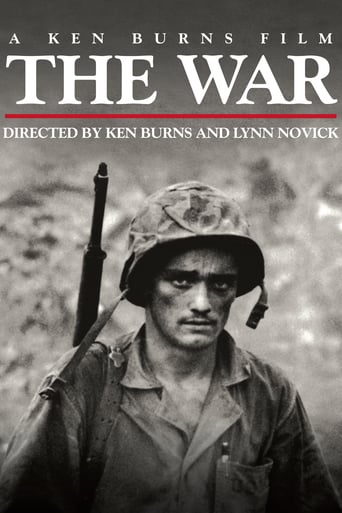
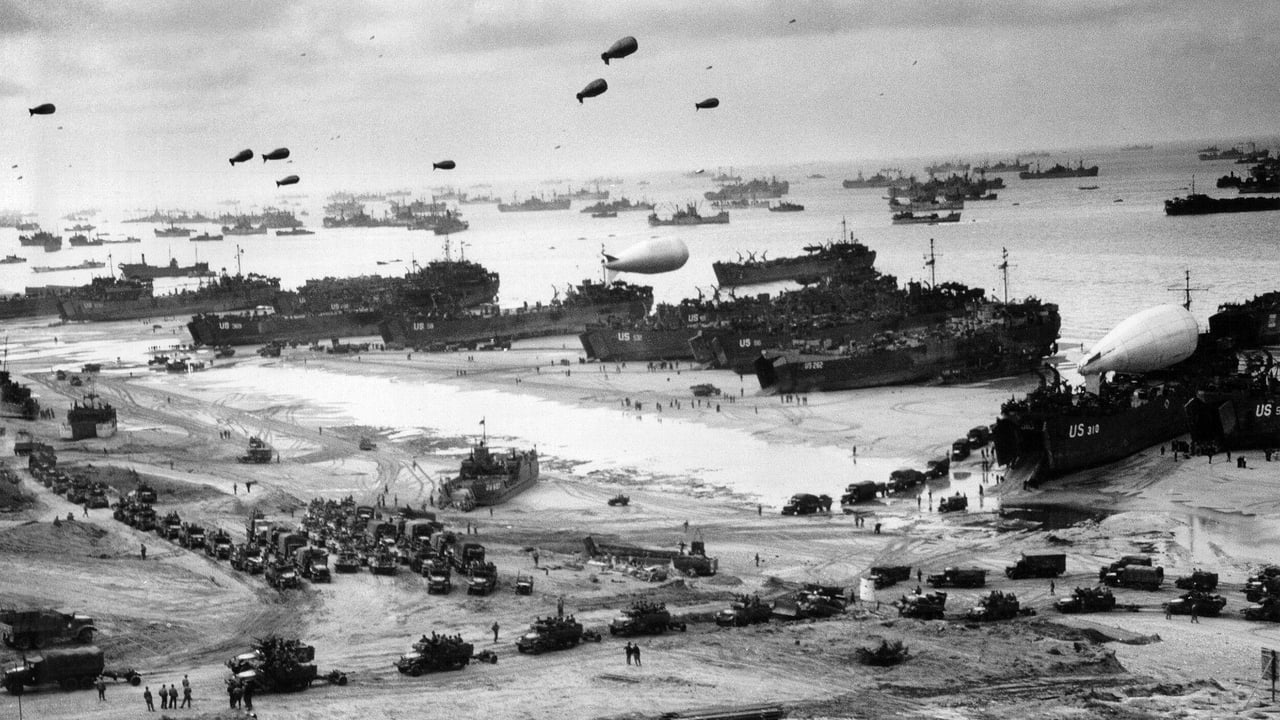
 AD
AD

